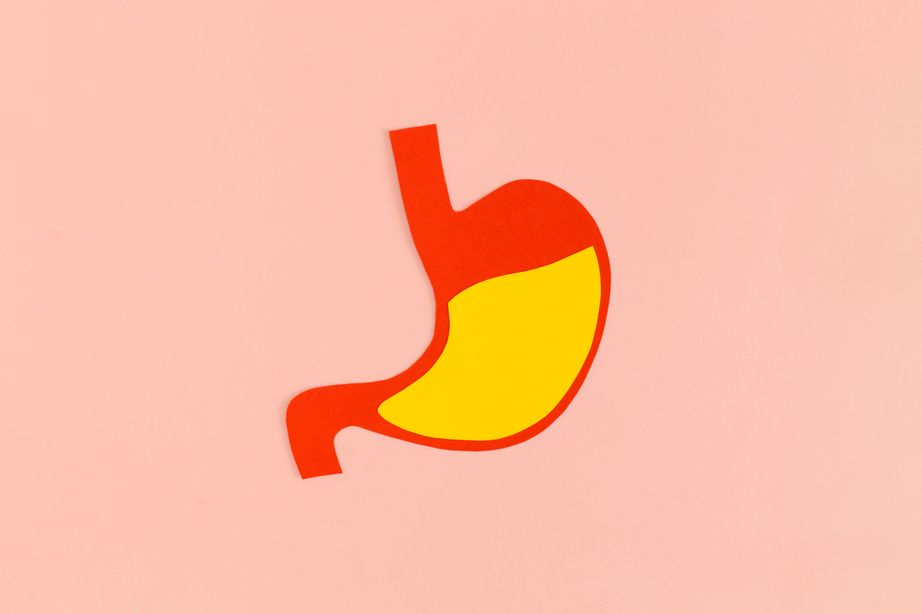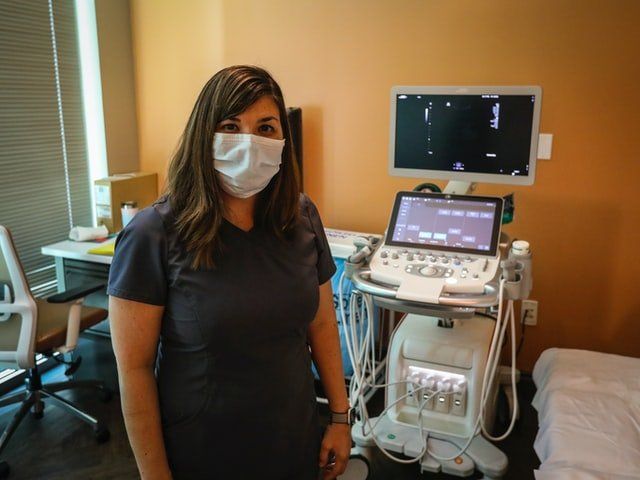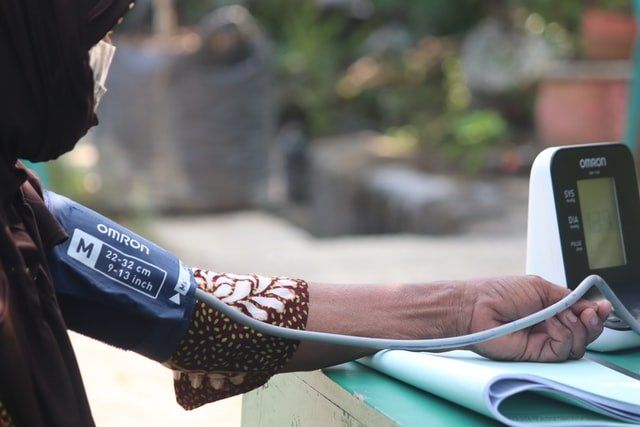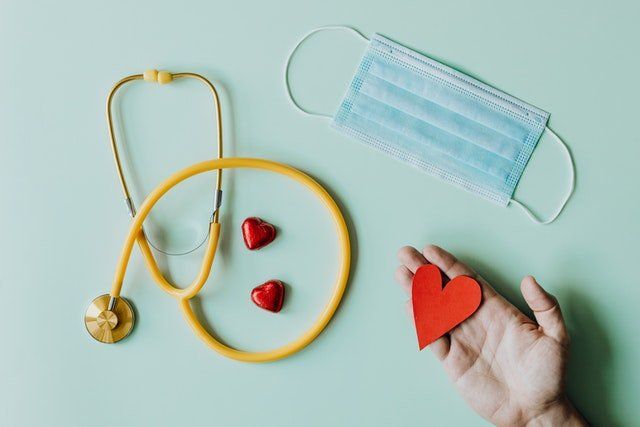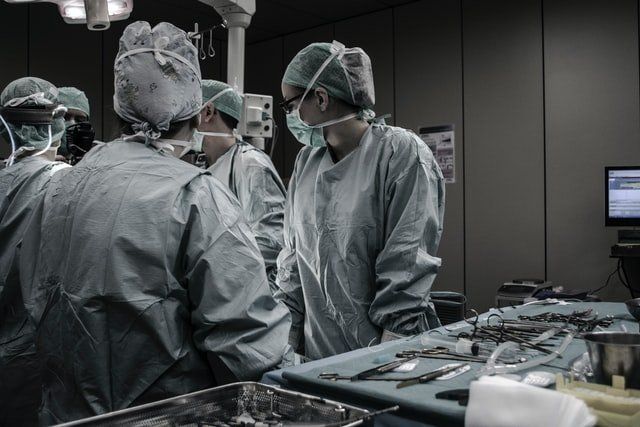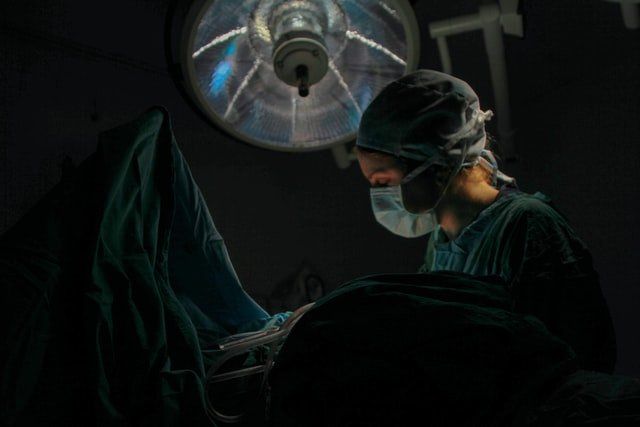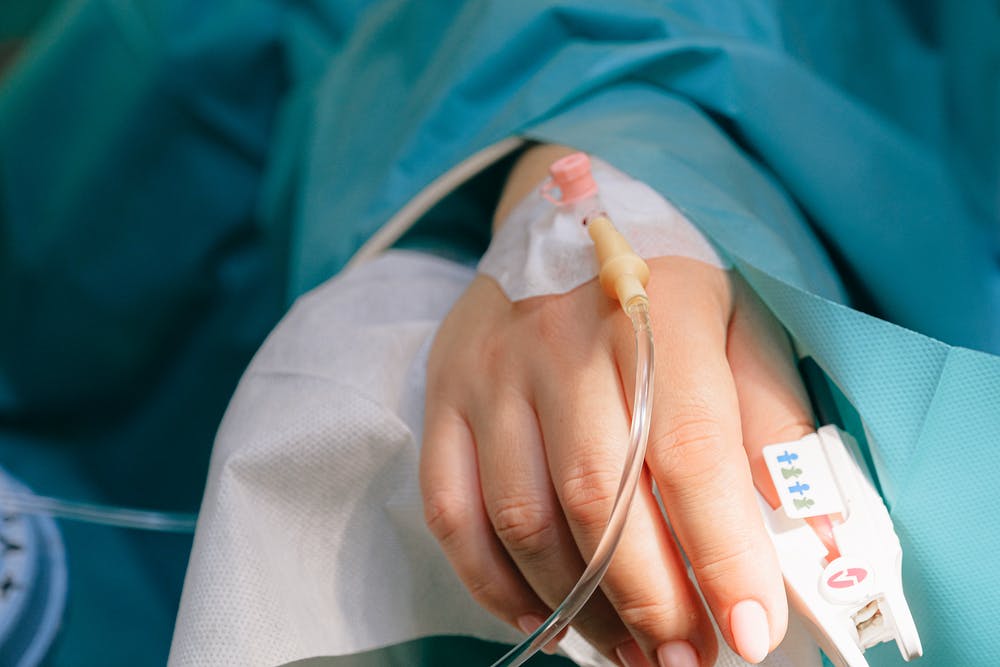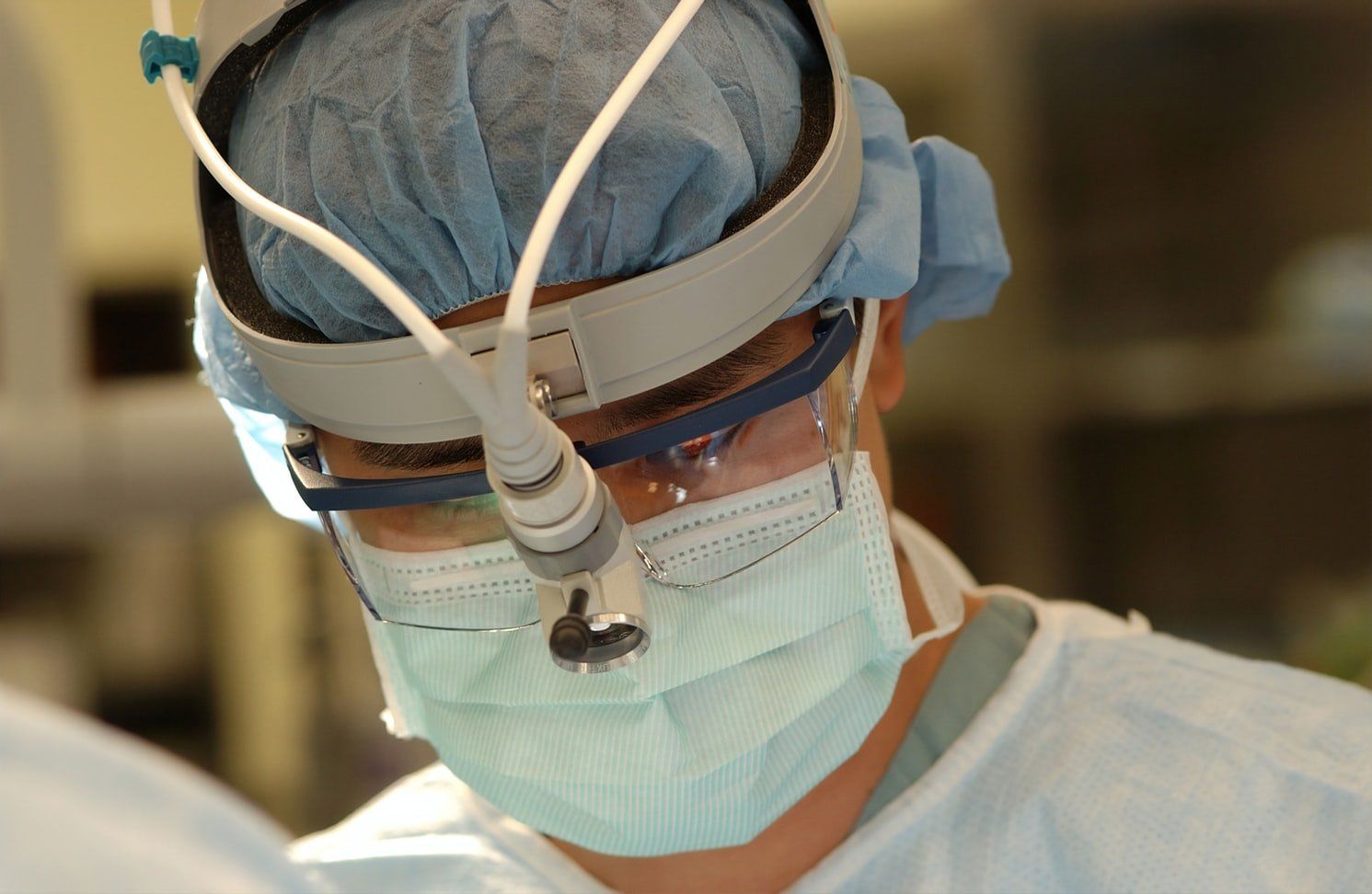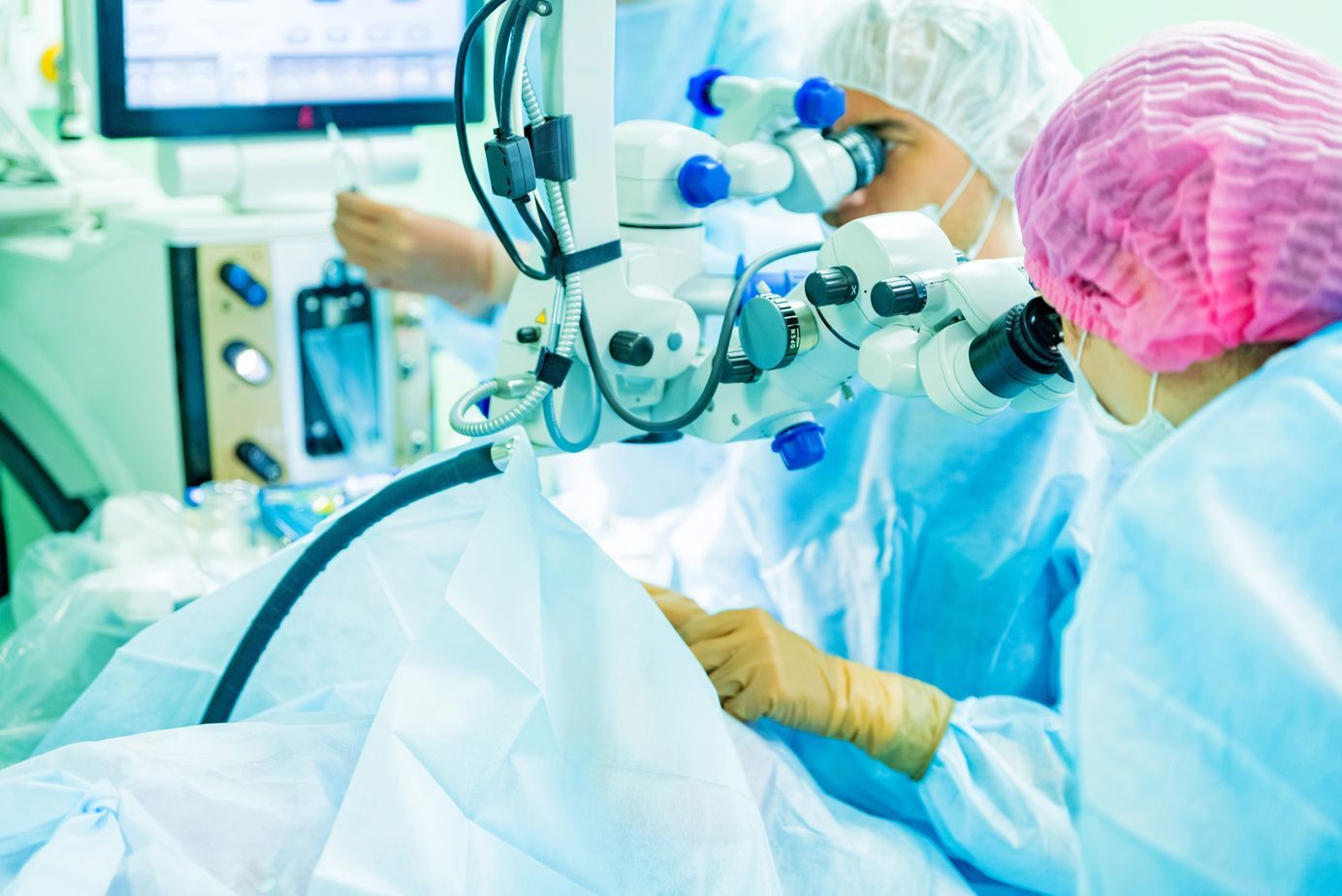Reasons Why You Might Need to Get an Endoscopy Done
The human digestive system is vulnerable to an extensive range of issues. Some cause constipation, diarrhea, and inflammatory bowel diseases. In contrast, others lead to cancer and a whole other host of ailments more commonly known for acronyms like IBS, IBD, GERD, and so on.
What complicates treatment is how challenging discovery and diagnosis can be. Some syndromes even appear the same in two people with different disorders. This is where an endoscopy comes in. It's a test that checks for these potential health issues.
There are different types of endoscopy, but they all essentially involve a doctor inserting a thin camera through the mouth, throat, esophagus, stomach, and even intestines. The camera allows the physician to see what's going on in the digestive tract and make a determination about what's causing the problem.
Today, we will discuss some common reasons why you might need to get an endoscopy done.
Severe Stomach Pain
This is one of the more common reasons why people get endoscopies done. If you have severe stomach pain and it comes on suddenly, and without warning, you should immediately seek medical attention.
The pain could indicate a stomach ulcer, a bleeding ulcer, an inflamed or swollen stomach lining, a pulled muscle, or something else. It's a good idea to get things checked out quickly.
Chronic Constipation
Another common reason a doctor might order an endoscopy for you is chronic constipation. Not having a bowel movement regularly could be a sign of a problem. There are many reasons why a person might not be able to go to the bathroom.
It could be as simple as constipation. However, it could also indicate a bigger problem, like irritable bowel syndrome, ulcerative colitis, or Crohn’s disease. These are all digestive disorders, and they could be severely painful and debilitating.
Growths in the Colon
People who have recurring bouts of pain in the stomach, esophagus, or intestines may need an endoscopy to look for growths or tumors. A doctor will usually refer you to a gastroenterologist for an endoscopy if cancer is suspected. Growths in the esophagus or stomach are generally not as severe as those in the colon.
However, growth in the colon can be fatal because the cells in that part of the digestive tract are more vulnerable to cancer. When doctors find growths, they will perform a biopsy to determine whether they are benign or malignant. If they are malignant, the doctor will recommend further treatment, including taking medication or getting surgery.
Digestive Tract Bleeding
Bleeding in the digestive tract is a serious matter. While it can be caused by a number of things, including ulcers, tumors, or other growths, it could also be a sign of cancer.
If you experience bleeding in the digestive tract and it continues for more than a day, you should see a doctor immediately. To protect yourself from these kinds of issues, it's a good idea to get an endoscopy done regularly.
The Bottom Line
There are many reasons why you might need to get an endoscopy done. If you have any reason to believe you have a medical issue, contact your doctor immediately. They can determine whether or not you need an endoscopy. If you do, make sure to schedule an appointment soon.
If you are experiencing any gastrointestinal problems and want to get checked, we can help you. Dr. Michel Kahaleh is a world-renowned endoscopist and gastroenterologist. He has pioneered interventional endoscopy, with extensive experience, he can perform various endoscopic procedures. You can get an
endoscopic ultrasound, endoscopic gastroplasty, and more with us. Contact our service today!

